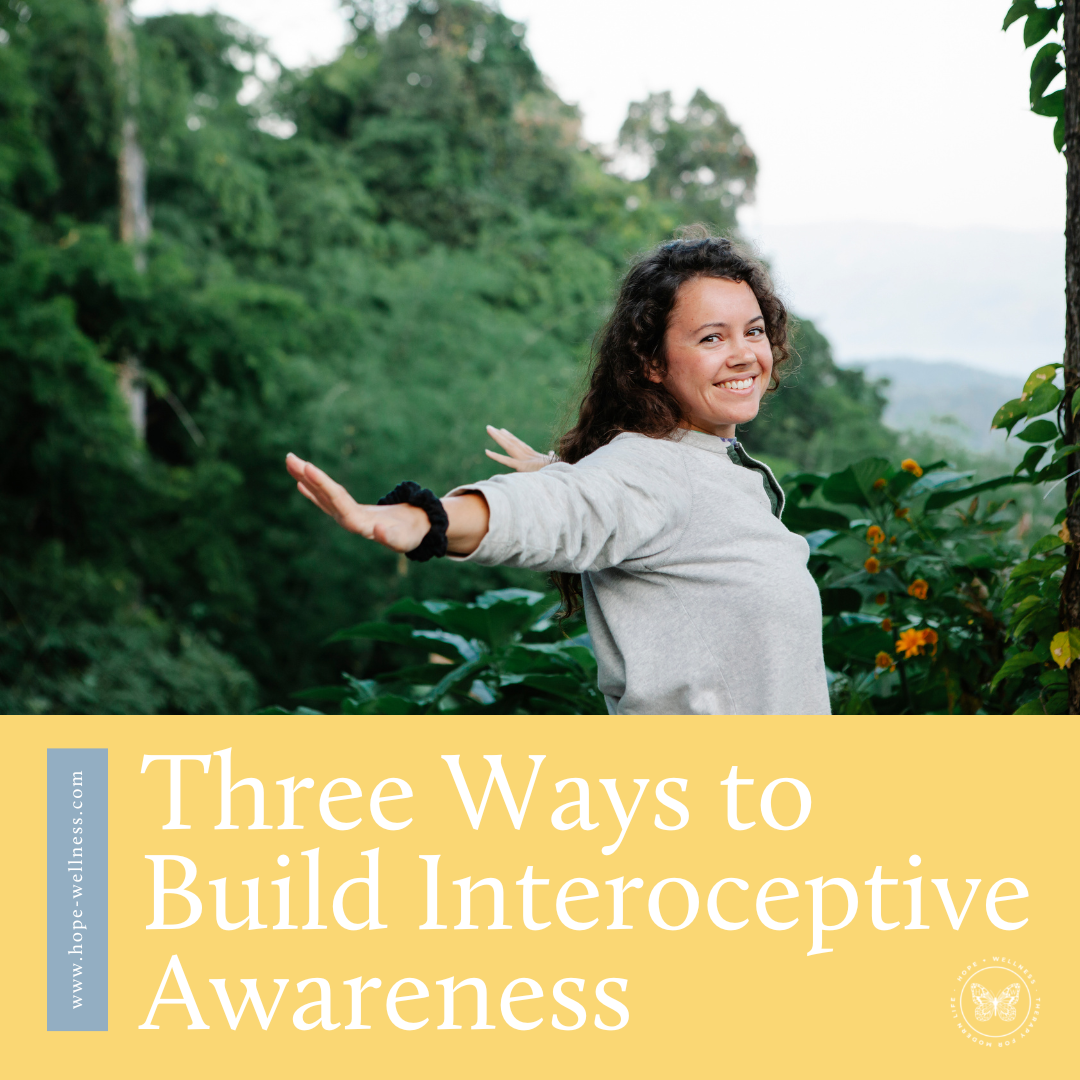What Internalized Messages Do Your Still Believe About Yourself?
What’s an internalized message?
An internalized message is something we believe, unconsciously about ourselves. These messages and beliefs don’t come from within ourselves–while they may feel like undeniable qualities about ourselves, these internalized messages actually came from outside influences. They are the result of how we, as children, are able to interpret and understand the world around us, and the way we’re expected to behave in relationships.
These messages then become core parts of our self view, how we’re unconsciously able to connect with and relate to others, how we navigate social situations and relationships, etc. These messages, when they aren’t explored and questioned, can muddle our true beliefs about ourselves, and lead us to believe we are less lovable,safe, and valued than we really are.
So where do these internalized messages come from?
The internalized messages we have ourselves come from the foundational relationships in our lives.These would be our parents, guardians, other family members, early childhood friends, authority figures (teachees, church leaders,) etc.
As we grow older and can understand our own and others complexities, we can start to see that while these messages came from influential people in your life, they are not always trying to communicate the message you’re understanding. What may be a normal exchange for an adult can be a foundational building block for a child. If your needs were neglected by your parents–even without malicious intent, but perhaps because of less fortunate circumstances–there’s a part of your brain as a child that takes that information and tries to understand it with what it knows. So it’s entirely possible that those negative beliefs you have about yourself are coming from that inner part of yourself that is still a child, asking for their needs to be met.
For example: take this story, where a man internalized a fear of abandonment after his family took in a series of rescue dogs until they found “the one” that was right for their family. This series of events–while not intentionally–taught that young boy that it wasn’t safe to make quick connections with others or try to bond with them before they proved they would stick around. This of course wasn’t the family’s intention, and there were probably many factors that went into the constant shifting of the family-pet dynamic, but it’s a belief that boy learned and carried with him into adulthood because it was how he was able to understand and get through the circumstances he found himself in.
What are common internalized messages we have about ourselves?
Unfortunately, when we internalize these messages about ourselves, we often fixate on negative messages. Things like:
Everyone is going to leave me
I need to constantly prove my value so people will want to keep me around
If I say the wrong thing, someone may stop loving me
My body deserves to be punished/I should feel shame for my body
People will only love me if I can do something for them
So how can we begin to question/challenge those internalized messages?
The first step is recognition. What is it you’re believing about yourself right now? Can you identify what the message is?
From there, what is it about this moment that is making that message come up for you? Is there any evidence to support that the thought is true? (Ex. Is it really true that if you say the wrong thing, someone will stop loving you? Has the person you’re nervous about talking to given you any indication that this is true? Or is this a fear coming from somewhere else?
If it’s coming from somewhere else, can you identify where that place is? Think on the feeling, what memories come up with it? Does the feeling you’re having right now remind you of a moment in your childhood? When is the first time you remember having this feeling?
The next step is to take that information and use it to challenge that feeling or belief or message whenever it comes up. Ask yourself:
Is there any information at this moment to support this negative belief I’m having about myself?
Or is there a moment from my youth that made a “wound” that is being re-opened in this moment?
It can be helpful to have a regular reflection process for moments like this, so you get into the habit of questioning those negative beliefs when they pop up.
Below are 8 journal prompts to help you explore and challenge the internalized messages you still have about yourself:
What beliefs do I have about myself?
For each of those, what is the earliest memory of that belief?
What feeling did it bring up as a child? How have those feelings translated into my adulthood?
What about this moment is pulling up that belief?
When is the first time I felt like this?
What did I need in that moment that I didn’t get?
Is there any evidence that my needs will be ignored or overlooked now?
Is there any evidence that this negative belief I have about myself is true in this new situation?











When you live authentically, you are staying true to yourself and your values. Here are 5 steps to start living more authentically.